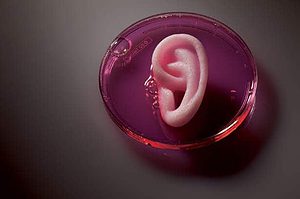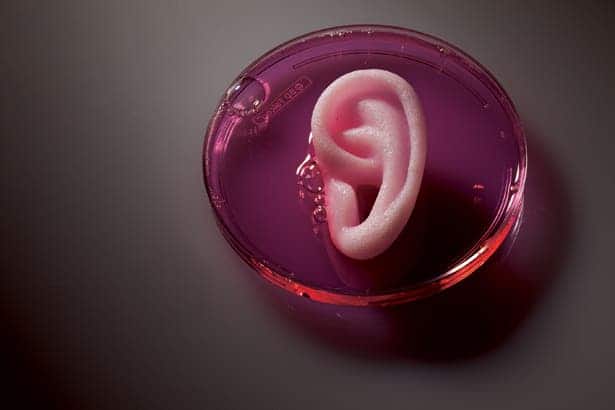
According to a new study by researchers at University of Melbourne, prolonged stem cell cultures are subjected to a relatively significant risk of mutation, similar to those seen in human cancers. Their results is of capital importance as it shows that lab grown cell treatment might become useless, if left to “stir” for too long.
The scientists studied 138 stem cell lines of diverse ethnic backgrounds – 127 Human embryonic stem (HES) cell lines and 11 induced pluripotent stem (iPS) cell lines. These human pluripotent stem cells are crucial for the development of regenerative medicine, which can basically allow for growing a whole new heart or liver, since they can be converted into any cell type in the body.
Most of the cell lines studied retained their original number of chromosomes, even at prolonged cultures, however it was observed that about 20 percent of the cell lines mutated as a result of amplifications of a specific region in chromosome 20.
“While it is reassuring that 75 percent of the stem cell lines studied remained normal after prolonged growth in the laboratory, detecting and eliminating abnormal cells is an absolute prerequisite for clinical use of stem cell products,” said Martin Pera, co-author of the paper and chair of stem cell science at the University of Melbourne.
The study’s provided data can be considered essential to evaluating cells for potential therapeutic applications. The project was made possible thanks to a international collaborative network formed by 35 laboratories and 125 collaborators.
The findings are reported in the latest issue of the journal Nature Biotechnology.
image credit









